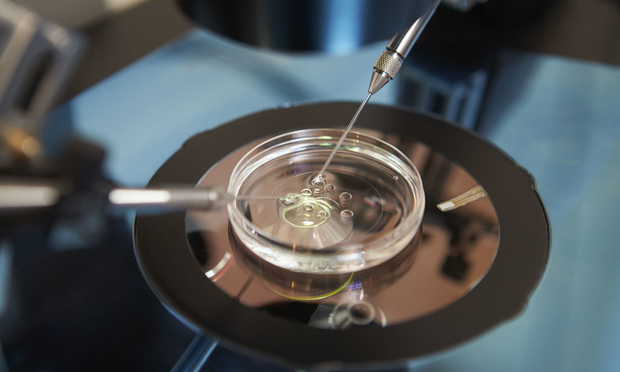The New Jersey Gestational Carrier Agreement Act (“GCAA” or “the Act”), N.J.S.A. 9:17-60, et seq., effective May 30, 2018, permits gestational carriers and intended parents to execute legally enforceable gestational surrogacy contracts. Prior to this legislation, “surrogacy agreements” had been unenforceable under In the Matter of Baby M, 109 N.J. 396 (1988). While traditional surrogacy contracts (where the pregnant woman is the natural mother of the child) remain unenforceable, the Act now permits “gestational carrier” surrogacy agreements (where the pregnant woman is not biologically related to the child).
‘In the Matter of Baby M’ and Surrogacy Law Prior to the GCAA
In Baby M, the New Jersey Supreme Court unanimously found surrogacy contracts to be illegal and unenforceable on the grounds that such agreements are contrary to established laws related to termination of parental rights, nonpayment in adoptions, and the right to revoke consent in private adoptions. Id. at 411. The Baby M matter involved a contract to artificially inseminate a woman with the sperm of a man who was not her husband. The contract called for the natural father of the child to pay the surrogate mother $10,000 after she gave birth and surrendered the child to him. She agreed to cooperate in any way necessary to effectuate termination of her parental rights, and the parties planned for the natural father’s wife to adopt child. Once the surrogate gave birth to the child, however, she immediately regretted her decision and requested additional time with the baby. The parties agreed to give her a week with the child out of concern for her mental health. Thereafter, the surrogate refused to return the baby to the natural father and his wife. Four months later, the child was forcibly returned to the father via court intervention and approximately two years of litigation ensued between the parties.


 Credit: monkeybusinessimages/iStockphoto.com
Credit: monkeybusinessimages/iStockphoto.com




